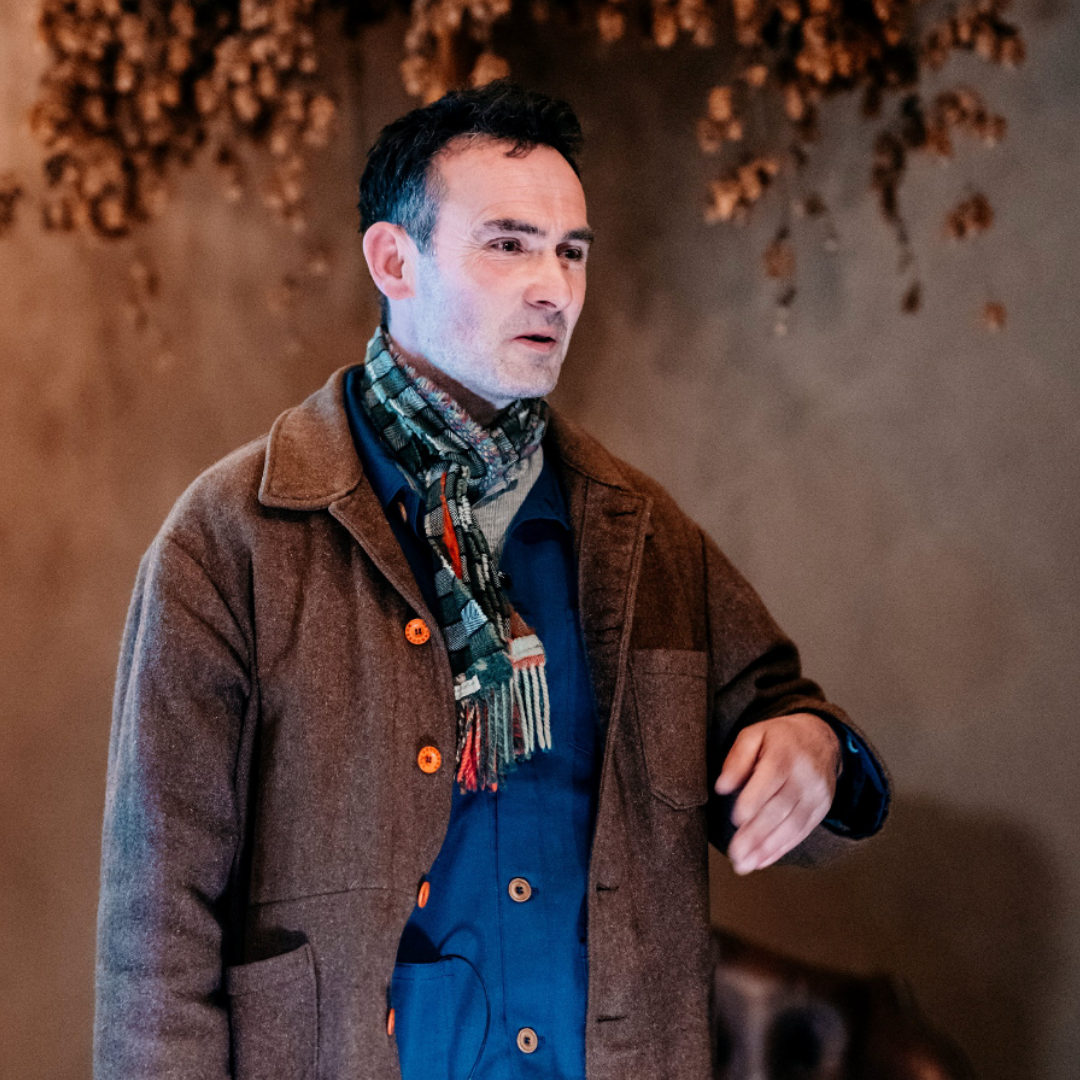
- This event has passed.
Sissinghurst with Troy Scott Smith
April 15, 2025 @ 6:00 pm - 7:00 pm
$25.00 – $35.00
In 1930, the writer Vita Sackville-West and her diplomat husband Harold Nicolson bought an old farm in Kent and set about creating a garden that has become one of the best loved and most visited in the world. Sissinghurst, now owned by the National Trust, is held dear in the hearts of millions of garden aficionados as the quintessential model of a romantic 20th-century English country garden. In conjunction with Royal Oak Foundation and in the lead-up to the garden’s centenary in 2030, we are honored to host head gardener Troy Scott Smith on the historic garden’s enduring appeal, the ambitious mission of conserving this world-renowned garden in the manner of these noteworthy creators, and his vision for one of the most beautiful rose gardens in the world.
About Sissinghurst Castle Garden
Sissinghurst Castle Garden, at Sissinghurst in the Weald of Kent in England, was created by Vita Sackville-West, poet and writer, and her husband Harold Nicolson, author and diplomat. It is among the most famous gardens in England and is designated Grade I on Historic England’s register of historic parks and gardens. It was bought by Sackville-West in 1930, and over the next thirty years, working with, and later succeeded by, a series of notable head gardeners, she and Nicolson transformed a farmstead of “squalor and slovenly disorder” into one of the world’s most influential gardens. Following Sackville-West’s death in 1962, the estate was donated to the National Trust. It was ranked 42nd on the list of the Trust’s most-visited sites in the 2021–2022 season, with over 150,000 visitors. The gardens contain an internationally respected plant collection, particularly the assemblage of old garden roses. The writer Anne Scott-James considered the roses at Sissinghurst to be “one of the finest collections in the world”. A number of plants propagated in the gardens bear names related to people connected with Sissinghurst or the name of the garden itself. The garden design is based on axial walks that open onto enclosed gardens, termed “garden rooms”, one of the earliest examples of this gardening style. Among the individual “garden rooms”, the White Garden has been particularly influential, with the horticulturalist Tony Lord describing it as “the most ambitious … of its time, the most entrancing of its type.”
About Troy Scott Smith
Troy Scott Smith was borne in Yorkshire into a family of committed naturalists and spent his childhood exploring the geology and flora of the National Parks of England. He began his gardening at a young age, quickly developing a style of relaxed planting that mixed native wildings together with exotics. In 1990, after a total of 5 years studying horticulture and design, Troy joined the National Trust, Europe’s largest Conservation Charity. In the years since Troy has led the gardens at The Courts, Bodnant and Sissinghurst, where he has been Head Gardener since 2013. Troy combines his work at Sissinghurst with design and consultancy, writing, teaching and lecturing. Troy has recently taken on a small farm back in his home county of Yorkshire, where he continues to gently experiment, laying down sustainable planting for the future.
About the Royal Oak Foundation
The Royal Oak Foundation seeks to raise awareness of and advance the work of the National Trust of England, Wales, and Northern Ireland by inspiring support from the United States for the Trust’s efforts to preserve and protect historic places and spaces—forever, for everyone. In the United States, Royal Oak offers a wide range of programs and activities focused on the National Trust, British art and architecture, fine & decorative arts, gardens, and history, as well as conservation and historic preservation. These tours and day trips, as well as our Royal Oak Lecture Series, are offered in cities across the U.S. As an independent American not-for-profit organization, Royal Oak fundraises for National Trust priorities and offers Americans a tax deduction for their contributions and membership dues. Overly nearly 50 years, the Foundation has raised and granted almost $20 million to support the work of the National Trust. Projects range from the acquisition of important coastline to restoring historic houses, to helping re-acquire works of art separated from their original properties. Royal Oak also sponsors selected Fellowships for Americans who wish to learn more about the National Trust and the rich heritage of Great Britain.
